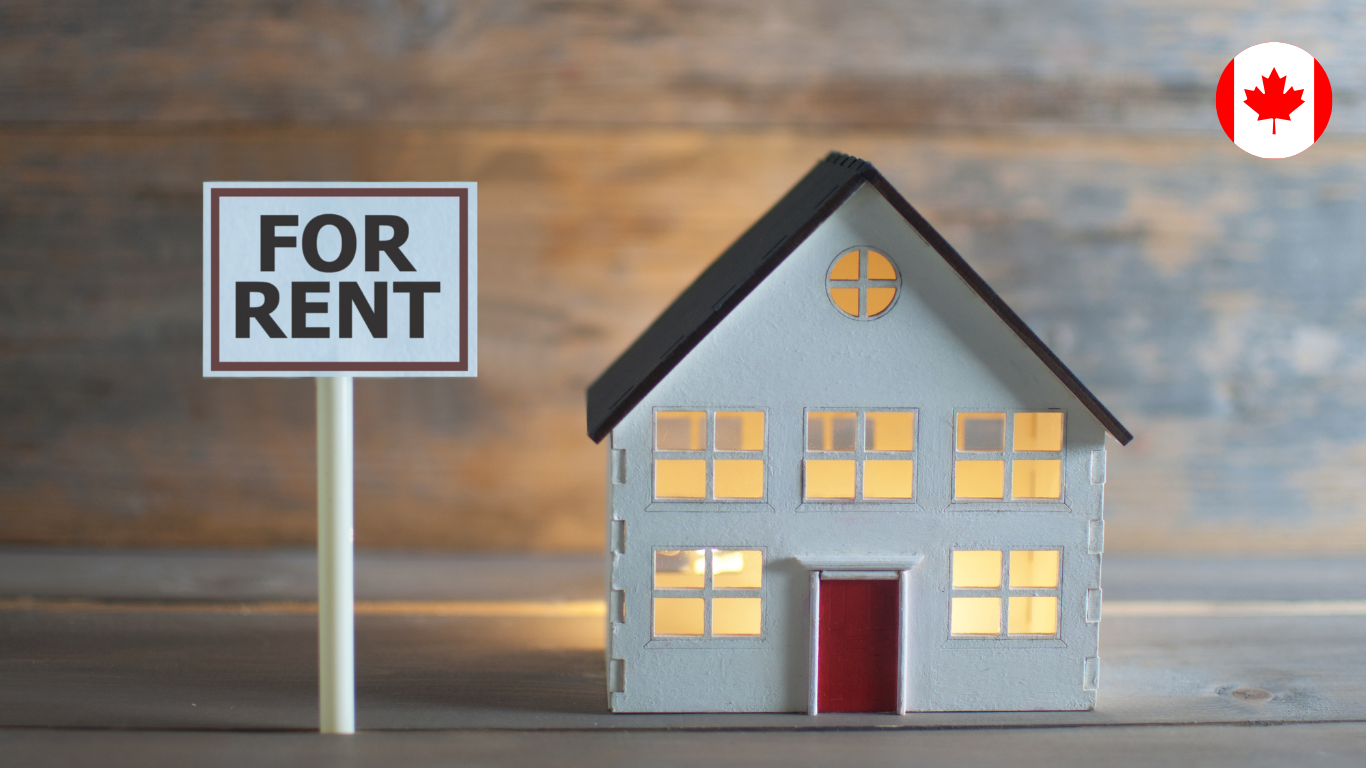Single Blog
Finding and renting your first home in Canada can be both exciting and challenging. For...
Renting in Canada: A Newcomer’s Guide
June 26, 2025
Finding and renting your first home in Canada can be both exciting and challenging. For newcomers, understanding the rental process, legal rights, and housing market is essential for a smooth transition. This guide outlines the steps, tips, and tools to help you rent your first home in Canada with confidence.
Whether you’re moving to Toronto, Vancouver, Calgary, or a smaller city, this blog will help you navigate the rental journey and make informed decisions. As always, Canada GMC is here to support you throughout your immigration and settlement process.
1. Understand the Canadian Rental Market
Canada’s rental housing market varies significantly by province and city. Major cities like Toronto and Vancouver tend to have higher rental costs, while smaller towns and regional areas offer more affordable options.
Average Rent Prices (2025 Estimates):
- Toronto: CAD $2,400/month for a one-bedroom
- Vancouver: CAD $2,600/month for a one-bedroom
- Calgary: CAD $1,600/month for a one-bedroom
- Halifax: CAD $1,500/month for a one-bedroom
Use websites like Rentals.ca, PadMapper, and Realtor.ca to research current prices and trends.
2. Know Your Budget
Before you begin your search, calculate how much you can afford. Rent in Canada is usually paid monthly and doesn’t include utilities or internet. Consider additional costs such as:
- Hydro/electricity
- Water and gas
- Internet and cable
- Tenant insurance (often required)
Tip: Many landlords require your monthly income to be at least 3 times the rent. If you don’t meet this, consider getting a co-signer or paying several months upfront.
3. Prepare the Right Documents
Landlords in Canada typically request several documents to assess your application:
- Proof of income (job letter, pay slips)
- Bank statements
- References from employers or previous landlords
- Identification (passport, PR card, or visa)
- Credit report (optional for newcomers)
As a newcomer, you may not have Canadian credit history. In this case, providing a larger security deposit or reference letters from your home country can help strengthen your application.
4. Understand Lease Agreements
Before signing a lease, read it carefully. A standard lease in most provinces includes:
- Duration (typically 12 months)
- Rent amount and due date
- Responsibilities for maintenance and repairs
- Rules for pets, smoking, and subletting
Important: Always get a copy of the signed lease and receipts for any payments.
Read more about your rights and responsibilities at CMHC – Renting a Home in Canada.
5. Beware of Rental Scams
Unfortunately, rental scams do occur—especially in large cities. Be cautious of:
- Listings with no photos or very low prices
- Requests for money transfers before viewing
- Landlords who can’t meet in person
Safety Tips:
- Visit the property before paying anything
- Don’t share personal documents over email with unverified individuals
- Use reputable rental platforms
6. Explore Housing Options
Depending on your needs, you can choose:
- Apartments: Best for singles or couples in urban centres
- Basement Suites: Common in suburban homes, more affordable
- Shared Housing: Renting a room in a house or flat, ideal for students
- Family Homes: Detached or semi-detached, suitable for families
Some newcomers opt for temporary accommodation (hotels, Airbnb, hostels) during their first month before finding long-term housing.
7. Know Your Tenant Rights
Each province has its own Residential Tenancy Act. In general, tenants have the right to:
- Live in a safe and clean home
- Receive notice before rent increases or eviction
- Request repairs and maintenance
- Privacy (landlord must give notice before visits)
You can learn more from your local provincial authority:
- Ontario: Landlord and Tenant Board
- British Columbia: Residential Tenancy Branch
- Alberta: Service Alberta
8. Set Up Utilities and Services
Once you move in, you’ll need to set up:
- Electricity (e.g., Hydro One, BC Hydro)
- Water and gas (usually city-run)
- Internet and phone (e.g., Bell, Rogers, Telus)
- Tenant insurance (required by many landlords)
Some rentals include utilities—clarify this before signing your lease.
9. How Canada GMC Can Help
At Canada GMC, we go beyond immigration paperwork. We understand how important housing is to your settlement process. Our support includes:
- Pre-arrival consultations
- Referrals to trusted real estate agents and rental platforms
- Guidance on understanding lease agreements
- Help connecting you to provincial tenancy offices
If you’re planning to immigrate to Canada, we’ll guide you through every aspect of relocation—from visa support to finding a place you can call home.
Get started today: www.canadagmc.com
Final Thoughts
Renting in Canada can be smooth and rewarding with the right planning. Be prepared with documents, understand your rights, and use trusted resources. Most importantly, ask for help when needed—Canada GMC is always ready to support your journey.
